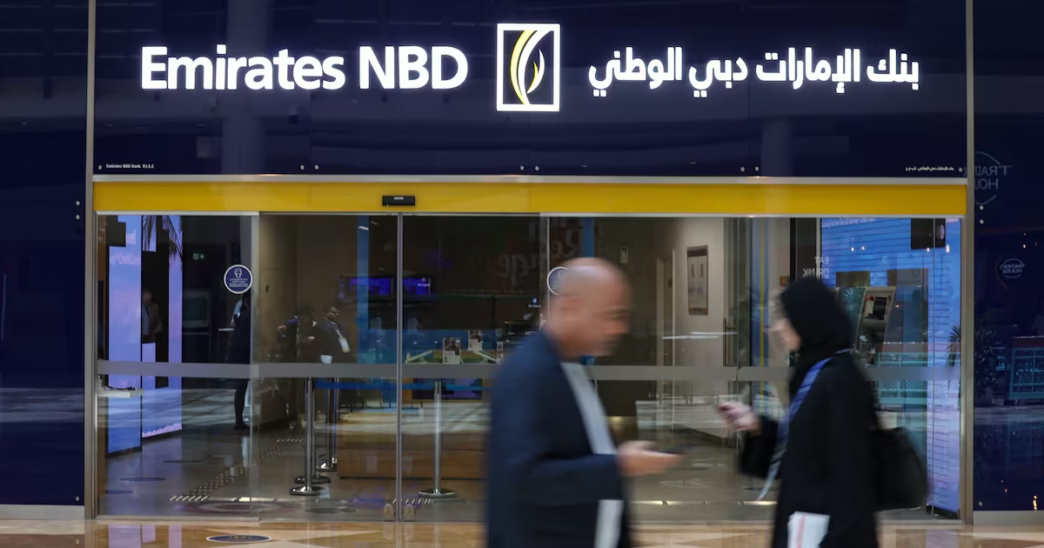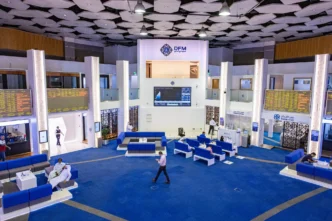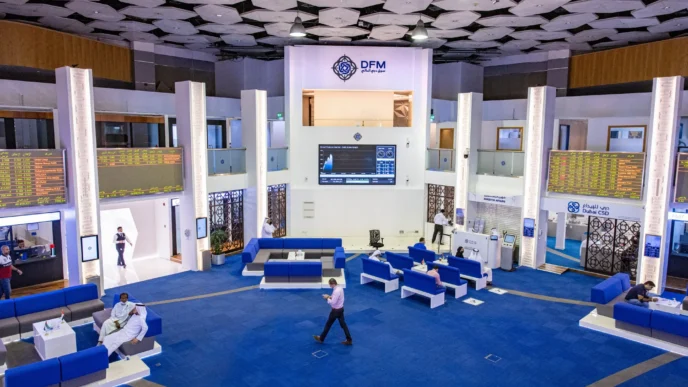In what could become one of the largest cross-border banking investments in South Asia this decade, Emirates NBD, Dubai’s biggest lender, has unveiled plans to invest $3 billion in India’s RBL Bank, signaling a massive vote of confidence in the world’s fastest-growing major economy. The deal marks a historic moment in regional financial cooperation, reflecting the deepening economic ties between India and the United Arab Emirates as both countries shift strategy toward long-term strategic partnerships.
If finalized, the investment would represent Emirates NBD’s largest foreign acquisition and could position the Dubai state-owned bank as a major player in India’s rapidly expanding retail and SME banking landscape. According to sources familiar with the talks, the deal is structured as a multi-layered investment, including equity infusion, collaboration on digital banking, and future lending partnerships under India’s financial inclusion and infrastructure growth initiatives.
Why This Move Matters
Emirates NBD’s expansion reflects a growing trend: global banks are looking to India for growth as Western economies slow and China faces persistent economic uncertainty. India’s financial services market is projected to reach $1.8 trillion by 2030, and consumer lending demand is booming.
By partnering with RBL Bank, Emirates NBD gains:
- Access to over 12 million retail customers
- A strong foothold in India’s MSME and microfinance sectors
- A digital ecosystem connecting partner fintechs and payment networks
- Entry into India’s regulatory banking system—a hurdle for most foreign banks
For RBL Bank, which has weathered past regulatory scrutiny and capital adequacy issues, the deal represents not just a survival path but a transformative scaling opportunity.
The Structure of the Deal
While full terms are yet to be disclosed pending approval from the Reserve Bank of India (RBI) and UAE Central Bank, discussions reportedly include:
| Investment Component | Details |
|---|---|
| Equity stake | Strategic stake up to 20% |
| Capital infusion | Tier 1 and Tier 2 capital injection |
| Digital collaboration | Co-developed lending platforms |
| Trade finance | Expansion of Indo-Gulf trade banking |
| Expansion strategy | Joint rollout of cross-border services |
The investment will likely proceed in phases over 24 months, with Emirates NBD potentially increasing its ownership as Indian regulations evolve. Current RBI rules limit foreign ownership in private banks to 74%, subject to government approval.
Why RBL Bank?
Founded in 1943 and headquartered in Mumbai, RBL Bank has evolved from a small regional bank into a nationwide lender with strong retail and small-business focus. But in recent years, the bank has struggled with non-performing assets and capital adequacy challenges, forcing it to slow expansion.
Emirates NBD sees RBL Bank as a turnaround candidate and a high-growth platform. With Dubai’s largest lender stepping in, RBL gains:
- Robust capital support for loan expansion
- Stronger credit ratings and investor trust
- Access to Emirates NBD corporate clients expanding in India
- Technology upgrades for digital lending and risk management
UAE–India Financial Alliance Deepens
The deal is part of a broader economic transformation taking shape between India and the UAE:
| Recent Bilateral Developments | Impact |
|---|---|
| CEPA trade pact (2022) | $100B trade target |
| Oil settlement in rupees-dirhams | Reduced USD dependency |
| UAE investments in Adani, Reliance, Tata | Gulf capital flows into India |
| Sovereign wealth funds (ADQ, Mubadala) active | Strategic stakes across infrastructure & tech |
This investment signals the UAE’s pivot from oil wealth to strategic global finance, with India seen as a priority partner for economic security and diversification.
What Emirates NBD Gains
Emirates NBD’s investment is a calculated long-term move. The bank is aiming to:
- Diversify beyond Gulf markets
- Compete with HSBC, Citi, and DBS in Asia
- Capture India’s booming digital lending and trade finance markets
- Build a Gulf-India banking corridor across remittances and corporate banking
India is already the top recipient of remittances globally, and the UAE is one of its top remittance hubs. This creates massive cross-border opportunities for Emirates NBD in payments, forex, and diaspora banking services.
Regulatory Challenges Ahead
The deal must clear multiple layers of regulation:
- Approval from RBI for foreign direct investment in private banking
- Cross-border compliance under India’s Banking Regulation Act
- Fit-and-proper evaluation of Emirates NBD as a strategic investor
- Security clearance from India’s finance ministry and possibly the Home Ministry
However, given improving political ties between New Delhi and Abu Dhabi, analysts expect smooth approval with regulatory safeguards.
Market Impact
Economists say the move could reset foreign participation in India’s banking sector. Currently, foreign banks hold less than 7% market share—far below China or Southeast Asia levels. This deal could open the floodgates for more Gulf and Asian banks looking to expand in India.
Stock market analysts expect the deal to:
- Boost RBL Bank valuation
- Increase investor confidence in mid-sized Indian banks
- Encourage new FDI in India’s financial sector
- Accelerate consolidation of smaller private banks
Conclusion: A Strategic Banking Alliance for the Next Decade
The Emirates NBD–RBL Bank deal is more than an investment—it is a strategic realignment of financial power between the Gulf and South Asia. It signals:
- UAE’s emergence as a global financial investor
- India’s banking sector entering a foreign capital expansion wave
- A new trade and finance corridor between Mumbai and Dubai
If the deal proceeds as planned, this could be the beginning of a long-term financial axis linking Abu Dhabi, Dubai, and New Delhi—reshaping investment flows across Asia and beyond.
















